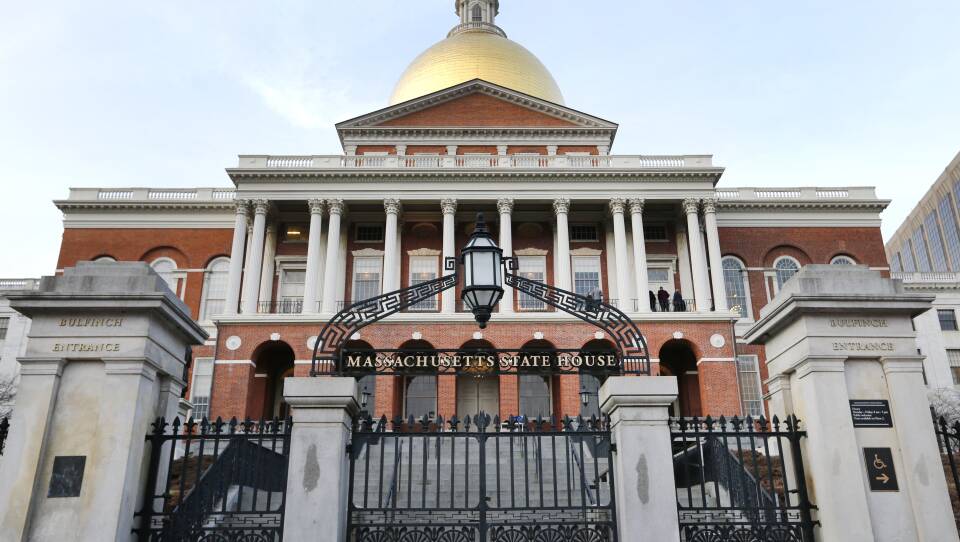Even before the COVID-19 pandemic, lawmakers were considering overhauling how the state manages vaccinations required for school children.
Now, Sen. Becca Rausch (D-Needham) says the crisis has made restructuring how the state tracks immunizations even more crucial.
"All of us are now living through the ramifications of having no herd immunity against a rampant, serious and often deadly, and now vaccine-preventable, illness," Rausch said after a State House hearing on the Community Immunity Act, which she co-sponsors, and other vaccination issues.
Rausch said the state's hodge-podge system of managing which children were immunized for measles, polio, mumps and other illnesses lead to pockets of the school population without herd immunity and state health officials with no clear idea who has had which shots. It is, she says, inadequate.
Rausch's bill, sponsored alongside Rep. Paul Donato (D-Medford), wouldn't change requirements for which immunizations are needed to enroll in public school but would mandate statistics be shared with the state and create standards for medical and religious exemptions.
But there's opposition to the plan in the form of over 400 parents and others who signed up to testify against the state being more involved in tracking immunizations.
There is currently little uniformity in school vaccination records, standards vary from district to district. The proposed legislation would require K-12 districts, daycare centers, summer camps and colleges to file vaccination reports with the Department of Public Health. As the process currently stands, vaccination surveys are voluntary.
Medical and religious exemptions would be processed through the DPH for the first time and a child's medical provider would be notified of the use of a religious exemption. An accompanying education initiative from DPH would reach out to families in areas lacking herd immunity.
Parent Ashley McKinnon told lawmakers she claimed a religious exemption last year to keep her child from being immunized against influenza, which was required at the time.
"Not because it goes against my religion, but because I do not believe that it is necessary to put additional chemicals into my child's body for an illness that she would fully recover from. You are proposing to take away my right as a parent and for what? To protect other people?" McKinnon said via online testimony to the Legislature's Public Health Committee.
Dr. Sylvia Fogel, a psychiatrist at Massachusetts General Hospital, argued that the bill would not be effective and that making it harder to use religious exemptions could have a detrimental effect by keeping intentionally unvaccinated children from receiving education or childcare.
"These lower rates of vaccination pockets are simply not driven by the one percent of children using a religious exemption," she said.
The bill was passed favorably by the committee last session before dying in the Senate's Ways and Means Committee. Supporters say it could come to a full floor vote this session.






